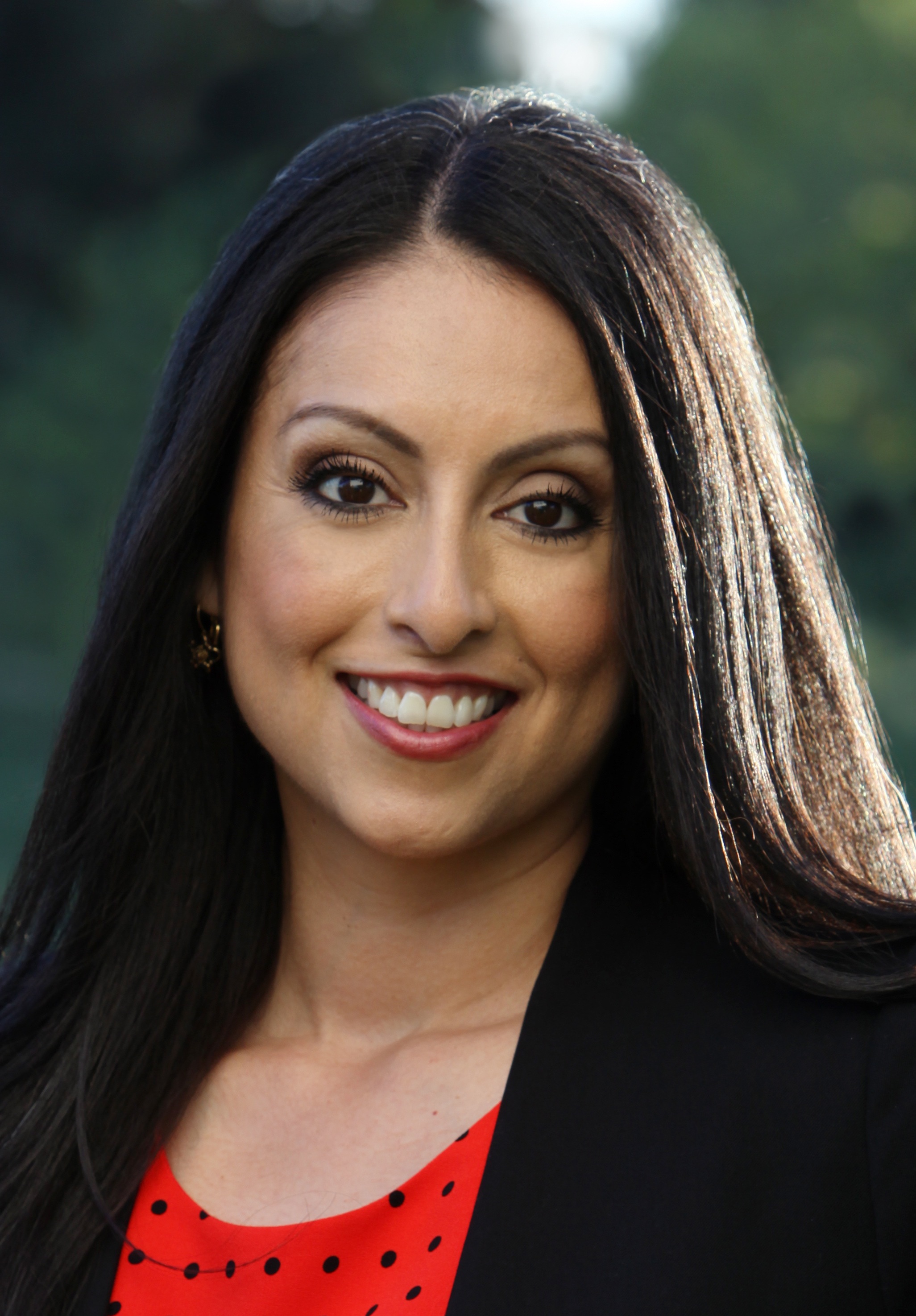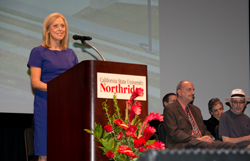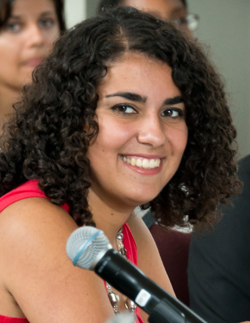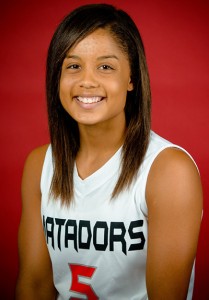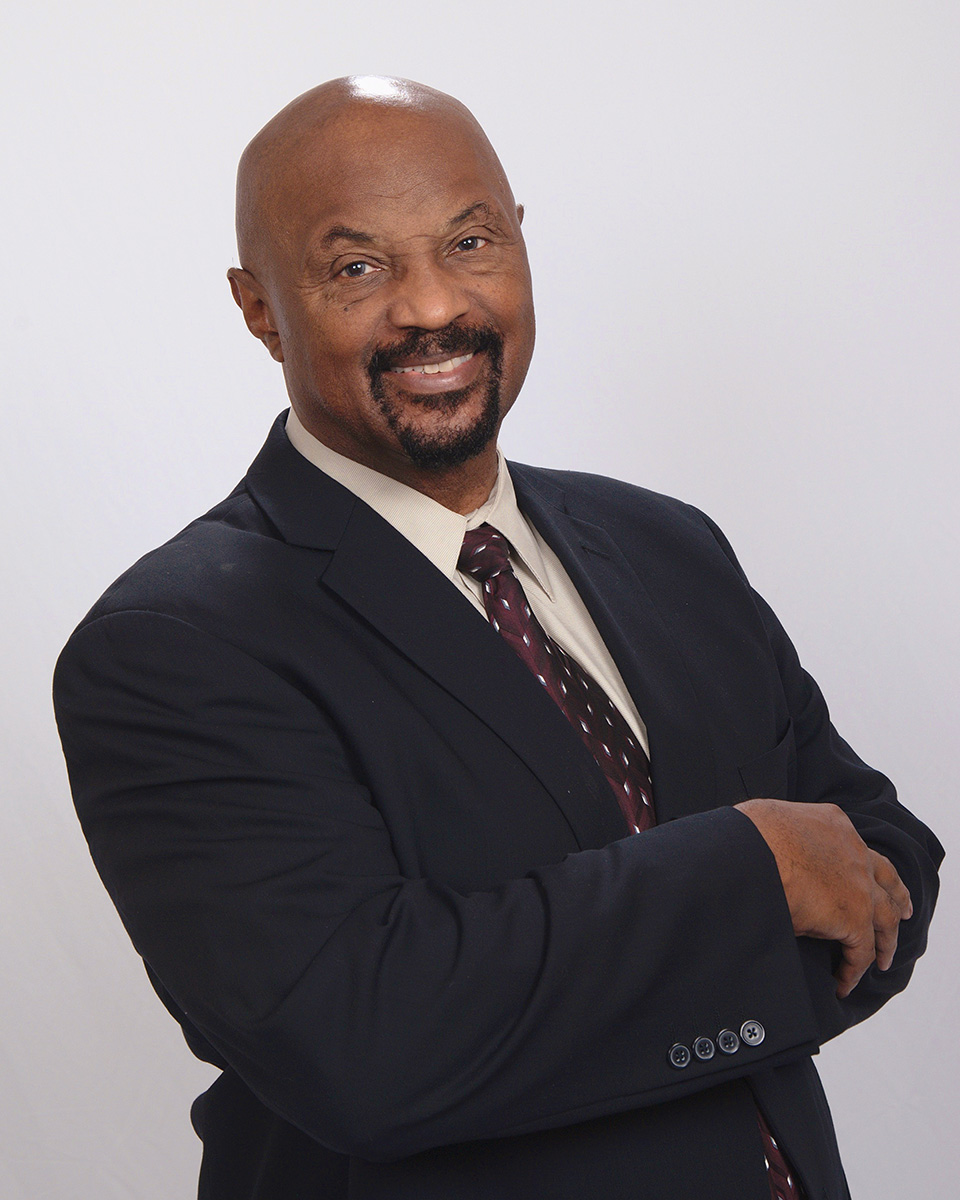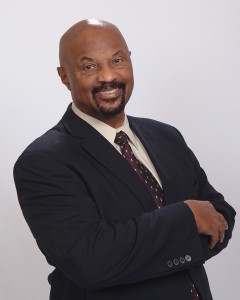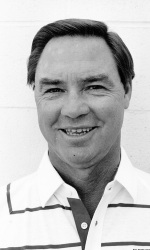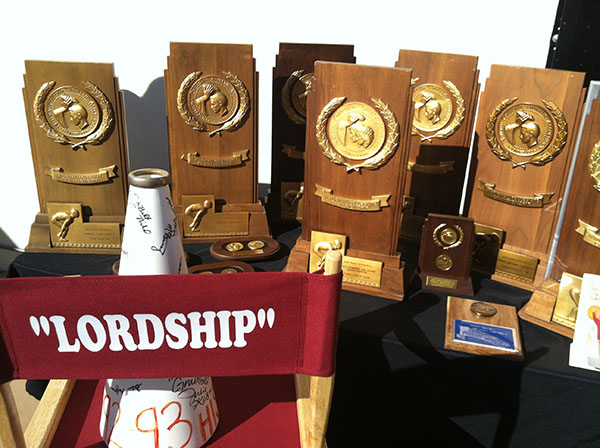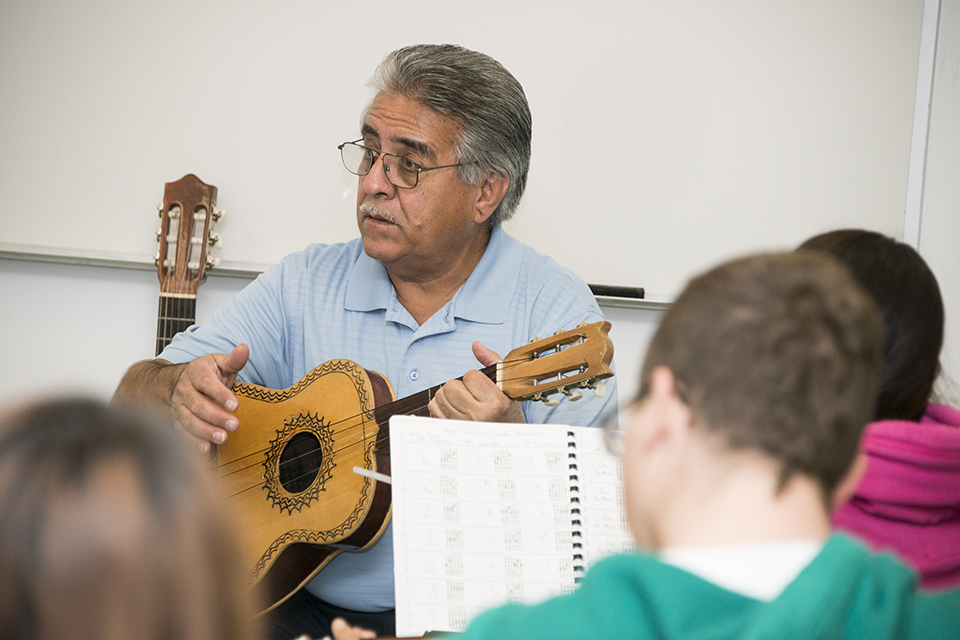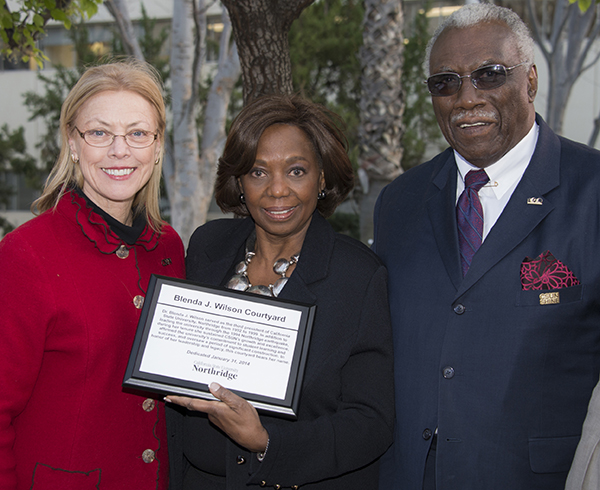![]()
By Jorge Martin
California State University, Northridge celebrated four of its most accomplished graduates at the 2014 Distinguished Alumni Awards on April 26 during a gala event at the Four Seasons Hotel in Westlake Village.
The annual event, now in its 16th year, commenced with CSUN Alumni Association President Francine Oschin ’84, M.A. ’85 introducing the honorees: IW Group Chairman Bill Imada ’84, Gardner Manzella, Inc. Co-Founder Diane Manzella ’72, and Philip ’68 and Gayle Tauber ’72, the founders of the Kashi Company.
In her keynote address, CSUN President Dianne F. Harrison added some background about each of the honorees, as well as some amusing anecdotes. She also encouraged everyone in attendance to take a look around the room because surrounding them were CSUN alumni who were successful in a varied number of fields.
“Why is it that CSUN produces so many entrepreneurs, trailblazers and pioneers?” Harrison asked. “Perhaps it is because CSUN strives to develop leaders who are confident, resourceful and optimistic, and well prepared for professional and personal success.”
Each of the honorees expressed gratitude to the university for giving them the start to what would become very successful careers, and recognizing them for those successes. They also pointed out how important their CSUN educations were in giving them a well-rounded experience during such crucial years of their lives.
During his college days, Imada was the CSUN Associated Students president in 1979 and graduated with a degree in human resource management. He founded the IW Group, one of the foremost minority-owned and operated advertising, marketing and communications agencies. Imada pointed out that as thankful as he was to receive this honor, he was just as happy to give back.
“It gives me an opportunity to repay the university for all the great work they’ve allowed me to do here,” Imada said. “It also allows me to reinforce the importance of a quality, accessible and affordable education moving forward. I think it’s very important to come back to the university you attended and let people know that you’re doing OK, and that you want to inspire other students, faculty and administrators to continue what they’re doing.”
Imada also noted that he wants to join other distinguished alumni as examples for students today and in the future.
“I think it’s really important for the students to know that they’re getting a real-life education at the university,” Imada said. “They ought to take advantage of all the things that exist at the university: the faculty, administrators and extracurricular activities that they can incorporate into their plans for the future. It’s great to be able to come back and show students and faculty that they did a good job, that they worked really hard to help me get through, and I want to come back and pull a few other people with me.”
Manzella received her M.A. in speech communication from CSUN and returned to teach at the university for five years. She also met someone who would become a great friend and colleague: Julie Gardner.
Together the pair started the company Gardner Manzella, which was originally focused on treating children with speech and language disorders. The company quickly grew in size, stature and reach, in time expanding to 12 states with more than 350 employees, many of them CSUN graduates. In making Gardner Manzella so successful, the founders did not realize they were breaking down barriers.
“While we were going through the process of developing our business, and as we got bigger and bigger, I didn’t realize what anyone else really thought about it until Dr. Steve Sinclair came to our offices and said, ‘Did you know that you two are icons out there at Cal State Northridge? You’re paving a way. You’re not just running a business on a national level, but you’re two women running a business on a national level,’” Manzella recalled. “It was sort of this slow, daunting realization that we were being perceived and watched by a lot of people.”
Even with so many people keeping tabs on and celebrating their successes, Manzella remained extremely grateful to her alma mater for the continued association. Today, she is very active with CSUN, serving on the Dean’s Circle for the College of Health and Human Development.
“I could never have done what I did and have achieved what I’ve achieved had it not been for Cal State Northridge,” Manzella said. “I owe Cal State Northridge, and I owe them a lot.”
The Taubers may now live in San Diego, but they still proudly identify themselves as San Fernando Valley natives. The couple met during their years at then-San Fernando Valley State College, and a slide presentation during President Harrison’s remarks featured a photo of the bench on campus where Philip proposed to Gayle in 1967.
Displaying great entrepreneurial spirit, the Taubers launched several businesses. Avid fitness and nutritional practitioners, their most successful endeavor was the Kashi Company and its line of ready-to-eat cereals and cereal-based products. Kashi products became very popular with people trying to eat healthy, and the Taubers eventually sold the company to Kellogg’s in 2000. When they found out about the Distinguished Alumni Award honor, they were as humbled as anything else.
“It’s a great validation that Valley kids can make it on an international basis, based on a public education,” Gayle said. “And it’s full validation of the importance of public education, that the story of success can and should happen.
“We kind of didn’t believe it when we got the call. When we really examined it and looked at prior honorees, it was ‘Why us? We’re just the little Valley kids.’ It’s a great honor. We are just thrilled, thrilled, thrilled. We just wish our parents were here to see this. ”
“Truthfully, we have a bit of a deficit in self-esteem in terms of thinking we’re anything more than just normal humans on this planet,” Philip added. “And when we get an award like this, we just blush with humility. We don’t think of ourselves like this, so we appreciate it.”
With so many business accomplishments in their lives, the Taubers now find satisfaction in helping guide young people in their own respective careers.
“Mentorship and modeling are everything,” Gayle said. “This is the ultimate validation of that. That’s what makes it more thrilling and so much more an honor because this is really the point we’re at in our lives.”
“Building character is something that we want to do with young people and will continue to do,” Philip said. “Hopefully, we show that kind of character.”
In every way, the four honorees at this year’s CSUN Distinguished Alumni Awards show that kind of character and are fine examples for students today to emulate in the future.

 The Michael D. Eisner College of Education at California State University, Northridge, is one of the most acclaimed and the largest colleges of education in the state. Its profile was elevated last year when Rebecca Mieliwocki '01 (Secondary English Education Credential) was named the 2012 National Teacher of the Year. The spotlight is again shining on the college this year with the nomination of two alumni who are up for prestigious national teaching awards.
Michelle Katz ’81 (Art), M.A. ’04 (Mathematics Education) and Scott Holloway M.A. ’10 (Science Education) are two of five candidates chosen to represent California in the running to capture one of the Presidential Awards for Excellence in Mathematics and Science Teaching. Katz was nominated in the math category and Holloway in the science division.
[caption id="attachment_7999" align="alignright" width="209"]
The Michael D. Eisner College of Education at California State University, Northridge, is one of the most acclaimed and the largest colleges of education in the state. Its profile was elevated last year when Rebecca Mieliwocki '01 (Secondary English Education Credential) was named the 2012 National Teacher of the Year. The spotlight is again shining on the college this year with the nomination of two alumni who are up for prestigious national teaching awards.
Michelle Katz ’81 (Art), M.A. ’04 (Mathematics Education) and Scott Holloway M.A. ’10 (Science Education) are two of five candidates chosen to represent California in the running to capture one of the Presidential Awards for Excellence in Mathematics and Science Teaching. Katz was nominated in the math category and Holloway in the science division.
[caption id="attachment_7999" align="alignright" width="209"] Michelle Katz[/caption]
"These remarkable teachers and their colleagues around the state play a central role in preparing students for college or career," said state schools Superintendent Tom Torlakson. "Science and math education is crucial not only to our students' futures, but to California's future as a leader in innovation and opportunity. All students need a solid foundation in these rapidly expanding fields to succeed in a global economy."
Holloway has been at Westlake High School in Westlake Village, Calif., for the past five years. There he teaches AP Physics. He had previously taught in the LAUSD system for nine years. Katz teaches at the CSUN-affiliated Northridge Academy High School, where she’s taught AP Calculus since it opened in 2004.
For more: Local Math, Science Teachers up for Presidential Awards (L.A. Daily News)
Michelle Katz[/caption]
"These remarkable teachers and their colleagues around the state play a central role in preparing students for college or career," said state schools Superintendent Tom Torlakson. "Science and math education is crucial not only to our students' futures, but to California's future as a leader in innovation and opportunity. All students need a solid foundation in these rapidly expanding fields to succeed in a global economy."
Holloway has been at Westlake High School in Westlake Village, Calif., for the past five years. There he teaches AP Physics. He had previously taught in the LAUSD system for nine years. Katz teaches at the CSUN-affiliated Northridge Academy High School, where she’s taught AP Calculus since it opened in 2004.
For more: Local Math, Science Teachers up for Presidential Awards (L.A. Daily News)
